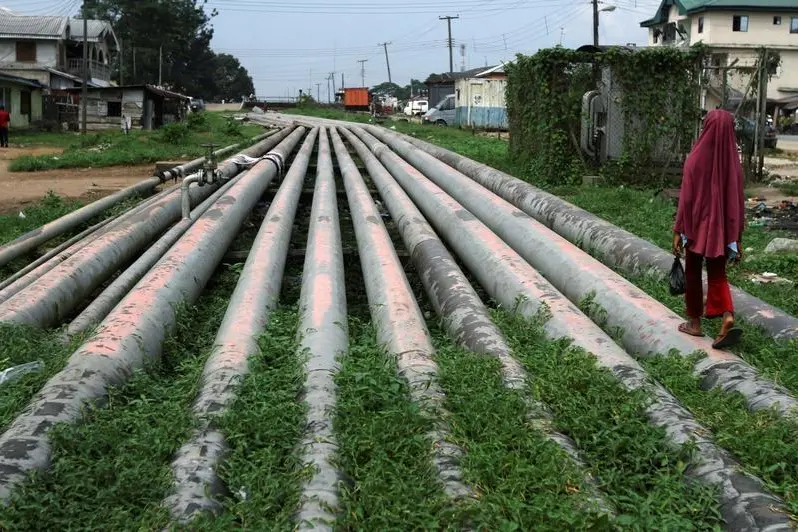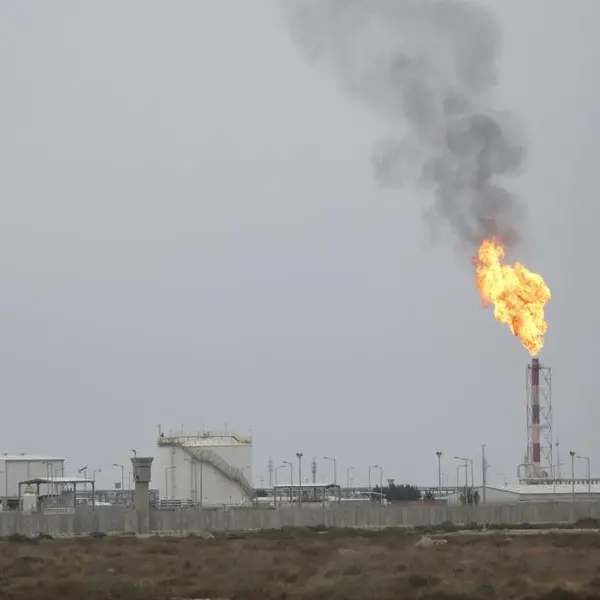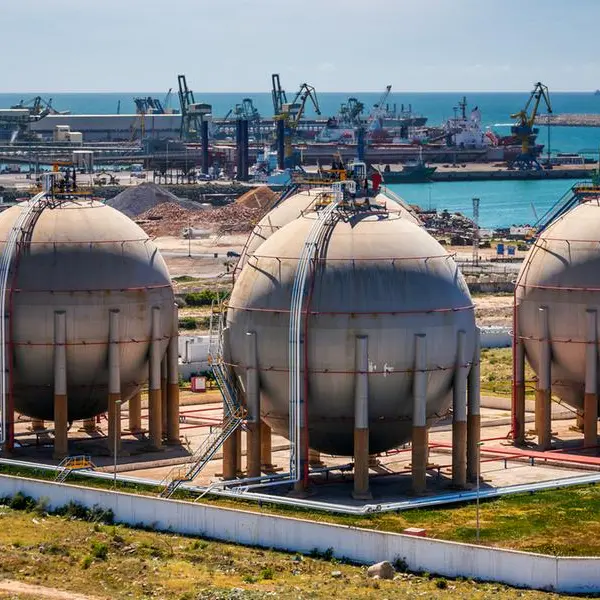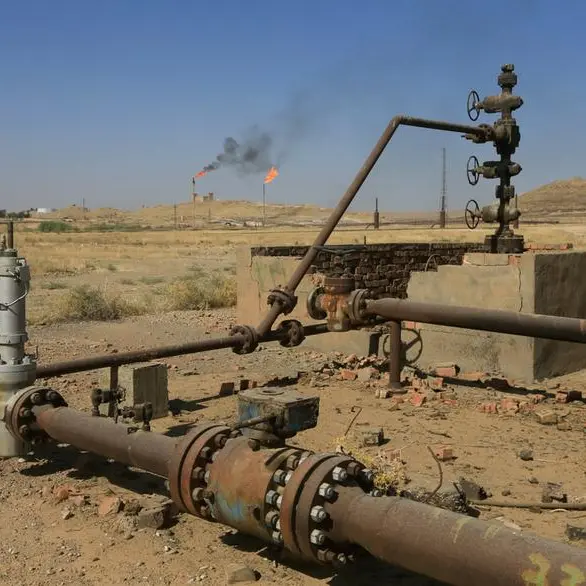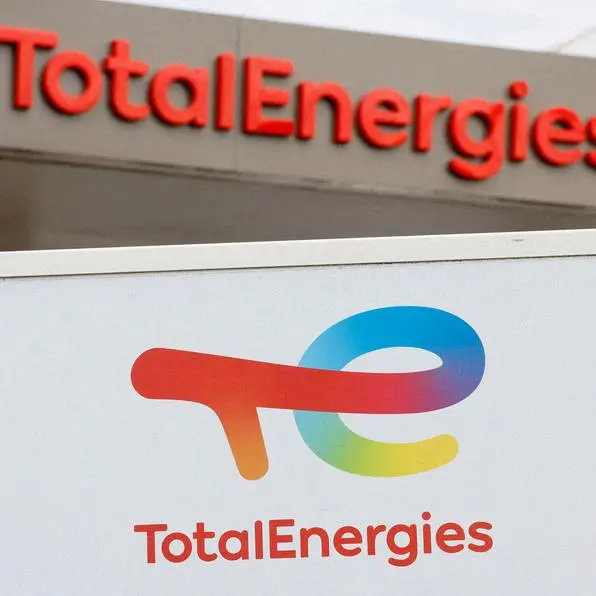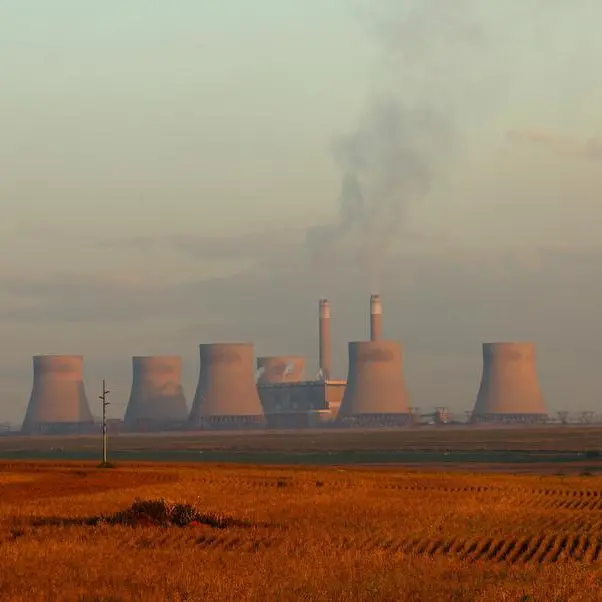PHOTO
Morocco and Nigeria could turn to Gulf countries to fund a $25-billion gas pipeline project after it failed to spur interest by Europe, according to a Moroccan newspaper.
Despite its “strategic significance” and intensified talk about the “Moroccan-Nigerian Gas Pipeline Project”, European countries have not yet announced it would contribute funds to the project, the Arabic language daily Hespress said.
The paper, quoting Moroccan experts, said the lack of European interest is mainly due the growing trend in the continent to rely more on hydrogen projects and the fact that the pipeline project has not progressed enough.
“Africa, including Morocco, could resort to other sources of funding for this vital project away from Europe although it is the main beneficiary of the project….they could turn to financially strong sources, such as the Gulf Cooperation Council (GCC),” said Abdul Khaliq Tuhabi, a well-known Moroccan economist.
Another Moroccan energy expert said European countries are not convinced that the pipeline project would materialise.
“It appears only the Africans are convinced at this stage because it is a purely African project…but I believe Europe could eventually decide to join this project when it sees that it is gaining momentum and is on the verge of taking shape,” Idris Isawi said.
The pipeline project, part of an agreement signed by Morocco and Nigeria in 2017, will transport nearly 30 billion cubic metres of natural gas per year to Morocco and then to Europe through a pipeline that will stretch 5,300km from Nigeria to Dhakia in Morocco and 1,700 km from Dhakia to Northern Morocco. The pipeline will traverse the Republic of Benin, Togo, Ghana, Cote d'Ivoire, Liberia, Sierra Leone, Guinea, Guinea-Bissau, Gambia, Senegal, Mauritania, and terminate in Morocco with a spur to Spain.
(Writing by Nadim Kawach; Editing by Anoop Menon)
(anoop.menon@lseg.com)
Subscribe to our Projects' PULSE newsletter that brings you trustworthy news, updates and insights on project activities, developments, and partnerships across sectors in the Middle East and Africa.
